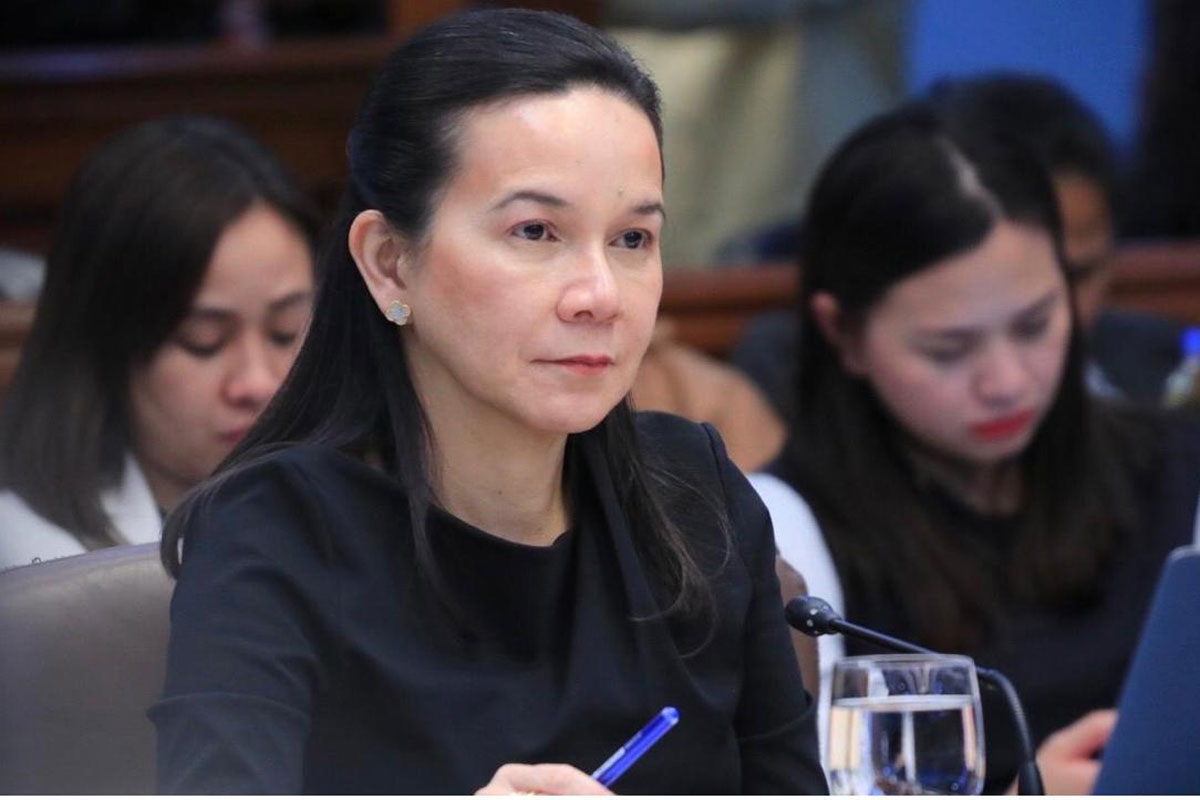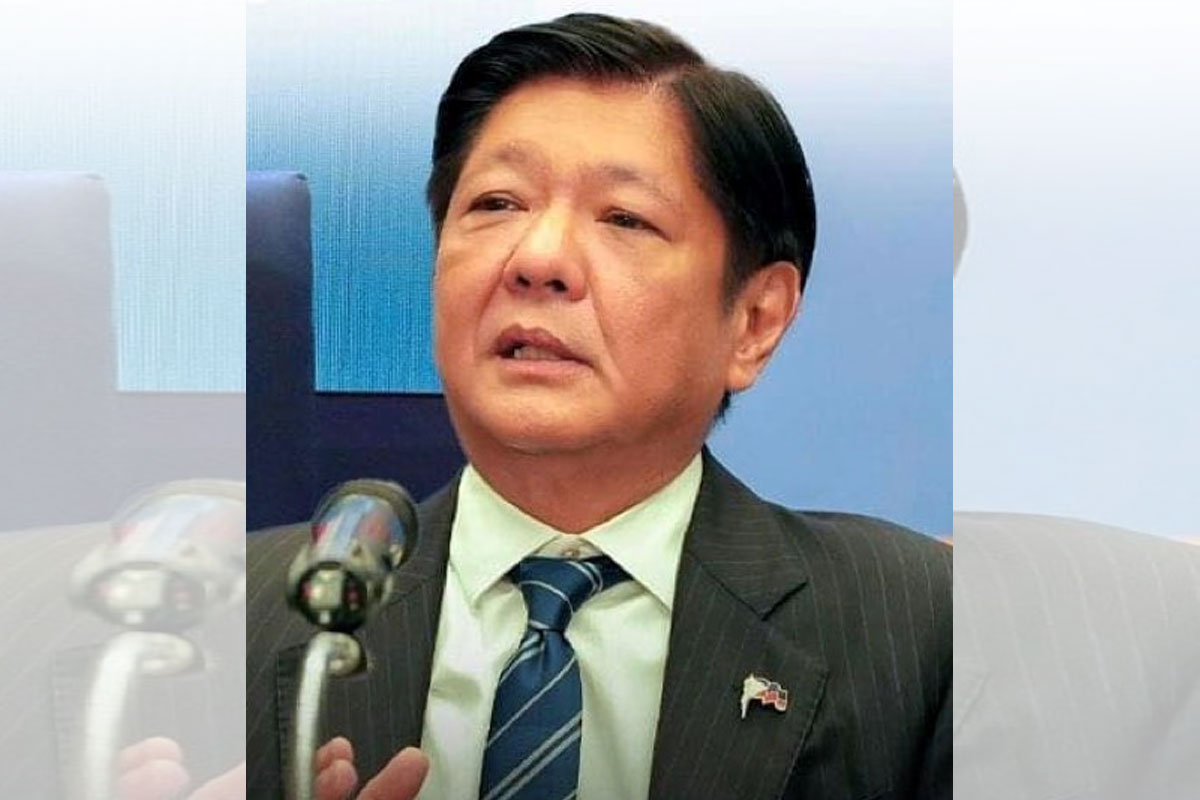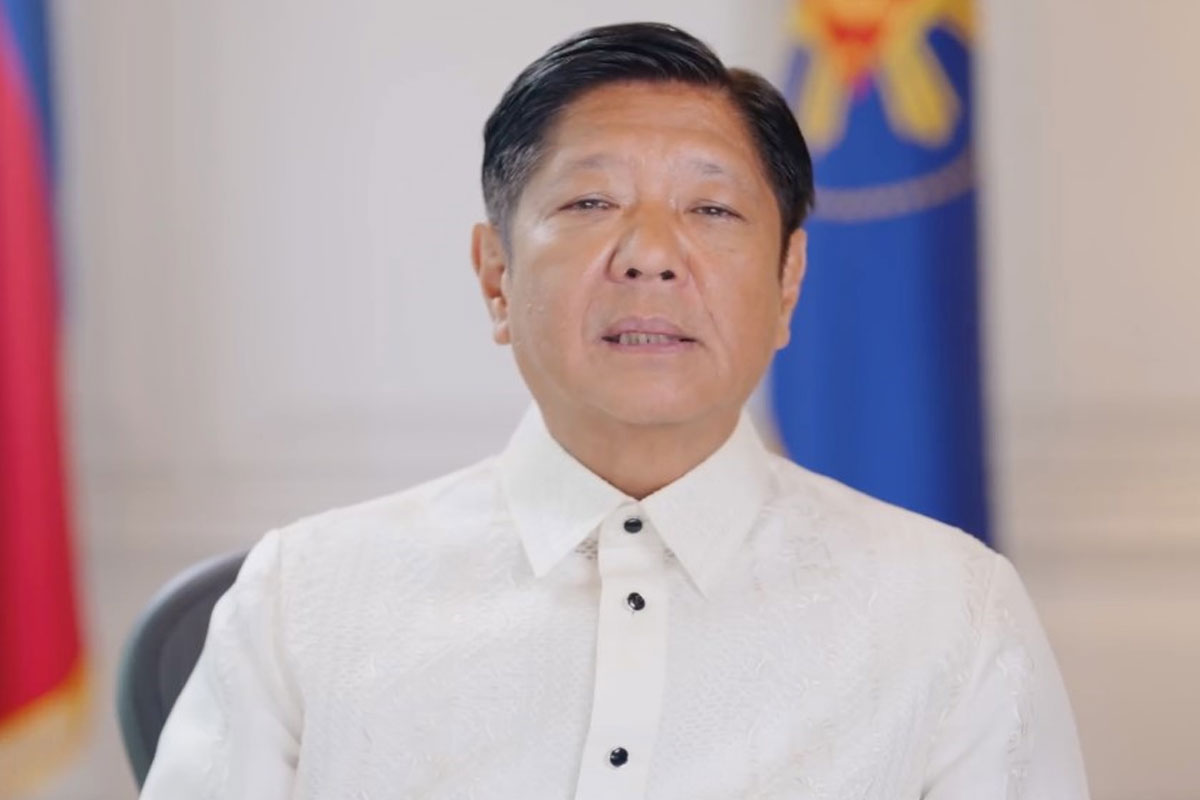
Poe foils swindle tries of scammers
THE Senate public services committee led by Sen. Grace Poe will begin on Thursday, Sept. 8, its public hearing and inquiry into the alarming proliferation of spam and scam text messages, which now include the names of receivers.
During Monday’s plenary session, Poe announced that she will be leading fresh discussions on the spread of text messages containing unsolicited messages, disinformation, or those meant to defraud mobile phone subscribers.
The hearing, which was earlier set for Wednesday at 10 a.m., has been moved to Thursday at 1:30 p.m.
Sen. Jinggoy Estrada, in a privilege speech, echoed Poe’s earlier call to stop text scams that have become increasingly rampant and devious.
Poe shared the frustration of her fellow senators, baring that she, too, was targeted by scammers over the weekend.
She said a certain caller, identifying himself as a Philippine ambassador, asked her for monetary support for his family in the country.
The caller stopped when the senator, suspicious of the request, asked for a virtual meeting with him, accompanied by a Department of Foreign Affairs representative who would verify his identity.
Poe said she also foiled another attempt by a scammer who reached out to her and posed as an officer of the Senate.
“If we, senators, who have a complete staff work wherein every transaction goes through a vetting process, are affected by these, what more our ordinary countrymen? How would they be able to verify the messages sent to them?” she stressed.
The Poe-led committee will be tackling the bills seeking to require the registration of all subscriber identity module (SIM) cards, including her Senate Bill 99, which she re-filed last July.
In the 18th Congress, Poe sponsored the SIM Card Registration bill which was passed and ratified by both the Senate and the House of Representatives. Unfortunately, the bill was vetoed.
“Until we have that SIM card registration, this will keep occurring on a regular basis,” Poe emphasized.
Senator Ramon Bong Revilla Jr. in Monday’s plenary session in the Senate, joined Sen. Jinggoy Ejercito Estrada when the latter delivered a speech on the rampant spread of scam text messages.
Revilla has previously asked the National Telecommunications Commission (NTC) to address the proliferation of scams through text messaging.
The lawmaker raised concern on the matter saying many Filipinos have already fallen prey to perpetrators, who the lawmaker said: “exploit technology for personal gain.” The recent wave of scam text messages has become more alarming since they already contain personal information such as the receiver’s name indicating serious breaches in data privacy.
The solon bared that despite his letter to NTC Commissioner Gamaliel Cordoba, the NTC has not offered any explanation on how the schemes are run, and that he is yet to receive a response from the agency.
Revilla asked how scammers gained access to names and other pertinent information of the public, adding that he was puzzled how sensitive personal data is obtained by unscrupulous groups when there is a law against it. He further asked if there was someone who deliberately leaked the information that was compromised, or worse if someone had sold it.
The lawmaker also questioned the recent memorandum of NTC ordering telecommunication providers to blast warnings to the public. The senator lamented that it is NTC’s job to address the issue and should not pass the responsibility to the service providers.
He agreed with Estrada that a thorough investigation should be conducted as it had already victimized even some members of the chamber.
The consensus among senators to immediately act to stop the rampant text scam has triggered Senator Ronald “Bato” Dela Rosa to push anew for a Senate inquiry into the alarming rise of text fraud.
In a manifestation on Monday, Dela Rosa threw his support to the call of Senator Jinggoy Estrada and other senators to stop the rampant text scam.
“For the information of the body, I have filed Senate Resolution No. 69 on July 27, 2022, calling to investigate, in aid of legislation, the alarming rising number of text scams. This is in connection with one of my priority legislations for this Congress, Senate Bill No. 429 or the SIM Card Registration Act, which I filed on July 12, 2022,” Dela Rosa said.
The former police chief recalled that in his co-sponsorship speech of the SIM Card bill in the last Congress, he mentioned instances of bombings triggered by prepaid SIM cards.
“To reiterate, on 27 January 2019, security footage of a bombing shows one of the bombers holding a mobile phone that was used to trigger bomb blasts that targeted two churches in the south. On 04 September 2016, a blast in Davao City used a mobile phone to trigger an improvised explosive device detonation, and on 26 January 2011, five people were killed in Manila when mortar ammunition triggered by a cellphone was detonated in a bus,” he said.
Dela Rosa said aside from using unregistered prepaid SIM cards in furtherance of their terroristic activities, criminal elements also use them to take the hard-earned money of the people.
“Kahit noong kasagsagan ng pandemya, hindi tumigil ang mga kawatan. Ang nakatatakot pa rito ay wala tayong kaalam-alam kung sino itong mga text scammer na ito. Nakababahalang tila nakuha nila ang mga pangalan ng mga nagmamayari ng mobile number ng kanilang tine-text,” he said.
There are already 157 countries mandating the registration of SIM cards, based on the data from Privacy International.
“Wala silang pinipili, walang pakialam, at higit sa lahat ay wala silang takot. Kung kaya, hinihikayat ko ang ating mga kasamahan sa Senado na bigyang pansin muli ang walang habas at walang patumanggang pangbu-budol sa ating mga kababayan,” Dela Rosa said.
“Sa pangunguna ng ating mahusay na tagapangulo ng Komite ng Public Services na si Senator Grace Poe, naniniwala ako na bago matapos ang taon na ito ay mabibilang na ang ating bansa sa nasabing datos. Protektahan po natin ang ating mga kababayan sa loob at labas ng cyberworld,” Dela Rosa continued. By PS Jun M. Sarmiento & Camille P. Balagtas



















